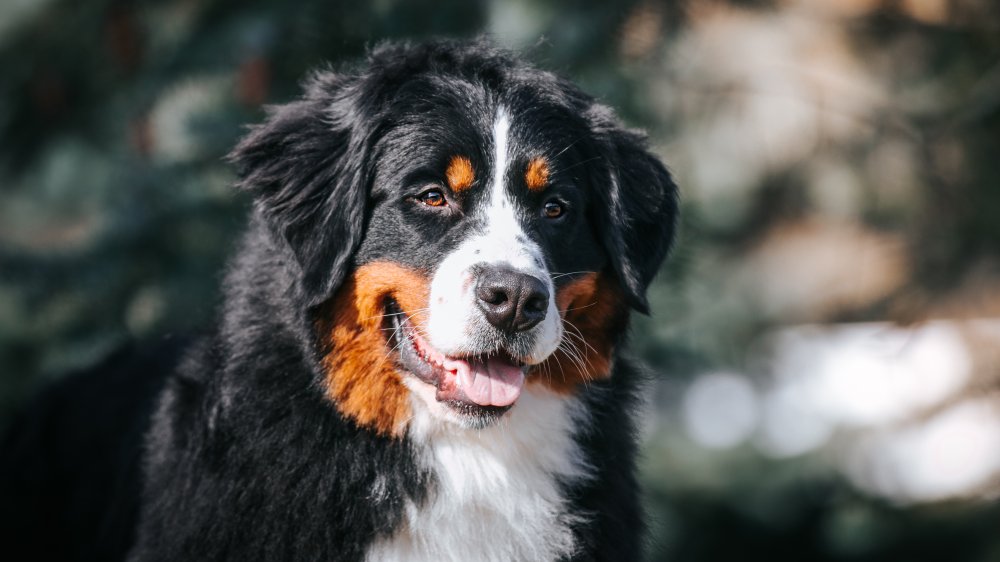The Dog Breed With The Shortest Lifespan
There are a few basic facts which filmmakers seem to take great pride in driving home on a regular basis: One, in the face of aliens, robots, and the zombie apocalypse, humankind is the greatest monster of all. Two, Drew Barrymore will always find love, even when she's, like, sort of a klutz. And three, most importantly, dogs die.
From Old Yeller to Marley to Air Bud in the ill-received golf-themed DVD sequel Air Bud: Parvo For The Course, onscreen canine companions have a higher mortality rate than smokers in nineties movies. Sadly, this is a case of art imitating life. Dogs are a lot like every other biological organism on Earth, in that they have a tendency to die, given enough time. Unlike most lifeforms, however, they've also been bred into dozens of specific shapes and sizes over the millennia, thanks to man's persistent habit of playing "let's see what happens" with their genetic structure. From this practice, trends have emerged. Some dogs are better swimmers, some are more obedient, and some are smarter than others. And some dogs die much, much faster.
Big dogs live short little lives
Since every dog is their own individual, there's no exact answer to the question of "which dog dies the fastest" ... putting aside the one from the beginning of John Wick, of course. Beagles, for instance, live incredibly long lifespans, and Shipperkes are said to be the dog breed that lives the longest, but even these breeds aren't immune to that sick rush some dogs get from chasing a tennis ball into traffic.
That said, according to MSN, there are a couple of short-lived contenders, from a statistical point of view. Big dogs burn out a lot faster than their smaller counterparts, as a rule. The Bernese mountain dog, Irish wolfhound, and English bulldog are especially short lived, lasting around six to seven years on average. There are a couple of reasons for this. Bernese mountain dogs and wolfhounds are pretty enormous, and that comes with some medical baggage like bloat and heart conditions. More importantly, all three are specialty breeds, with the sort of limited gene pool rarely seen outside of Texas Chainsaw Massacre movies, so the genetic abnormalities inherent in inbreeding take a hefty toll.

